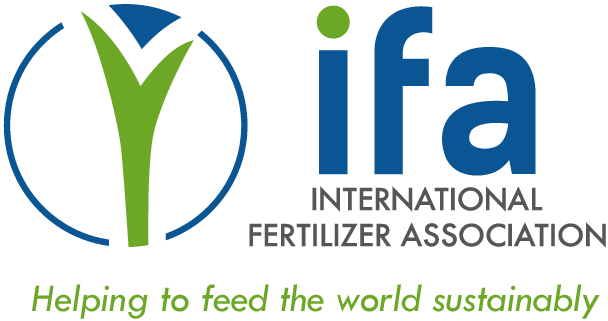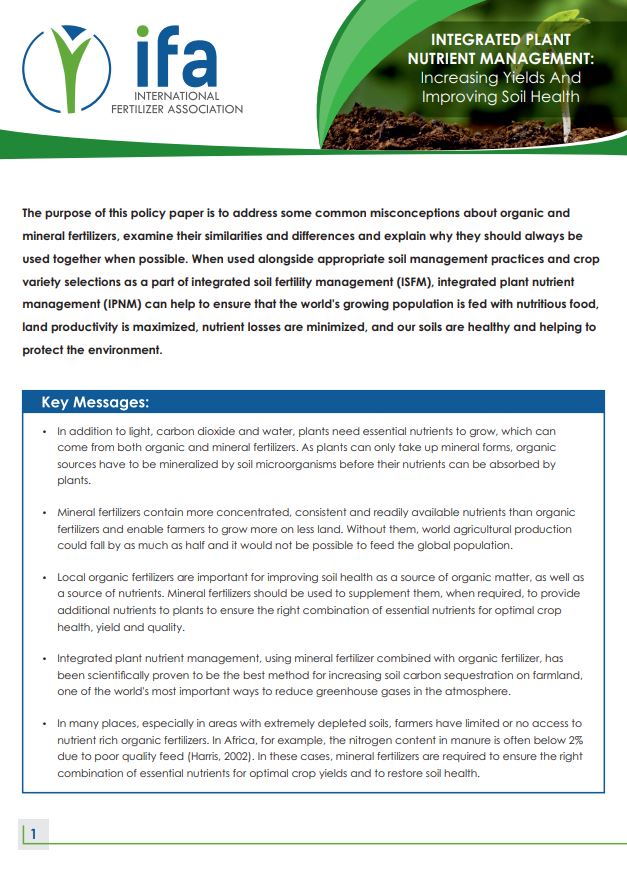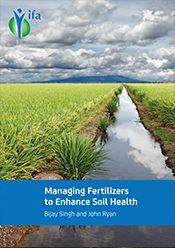Soil Health
Fertilizer Use
Optimal nutrient management improves soil fertility, enhances soil organic matter content and improves physical, chemical and biological soil properties.
Most agronomists agree that optimal nutrient management entails starting with on-farm organic sources of nutrients and then supplementing them with manufactured fertilizers to achieve the farmer’s yield goal, and that manufactured fertilizers and organic sources of nutrients can, and should, be used in an integrated manner.
Low or unbalanced fertilization leads to depletion of soil nutrients and degradation due to lower soil organic matter (SOM) contents from lower root biomass associated with reduced crop yields, and indirectly reduced soil structure which promotes soil erosion. Conversely, regular adequate fertilizer use is associated with small but consistent increases in SOM as a result of increased root biomass.
Mineral fertilizer use is essential to ensuring food security. In addition to enhancing crop yields, fertilizers can indirectly affect soil properties or soil health, either positively or negatively. The key to ensuring positive effects on soil lies in good science-based nutrient management practices; adoption of such practices ensures that crop production is compatible with minimizing environmental effects. Wherever possible, available organic manures and other organic materials should be used in an integrated fashion with mineral fertilizers to ensure efficient and effective nutrient use as well as better soil health.
The integration of organic and mineral sources of nutrients should be seen in the context of overall crop production, which includes the selection of crop varieties, pest control, efficient use of water, soil management and other aspects of integrated farm management.


